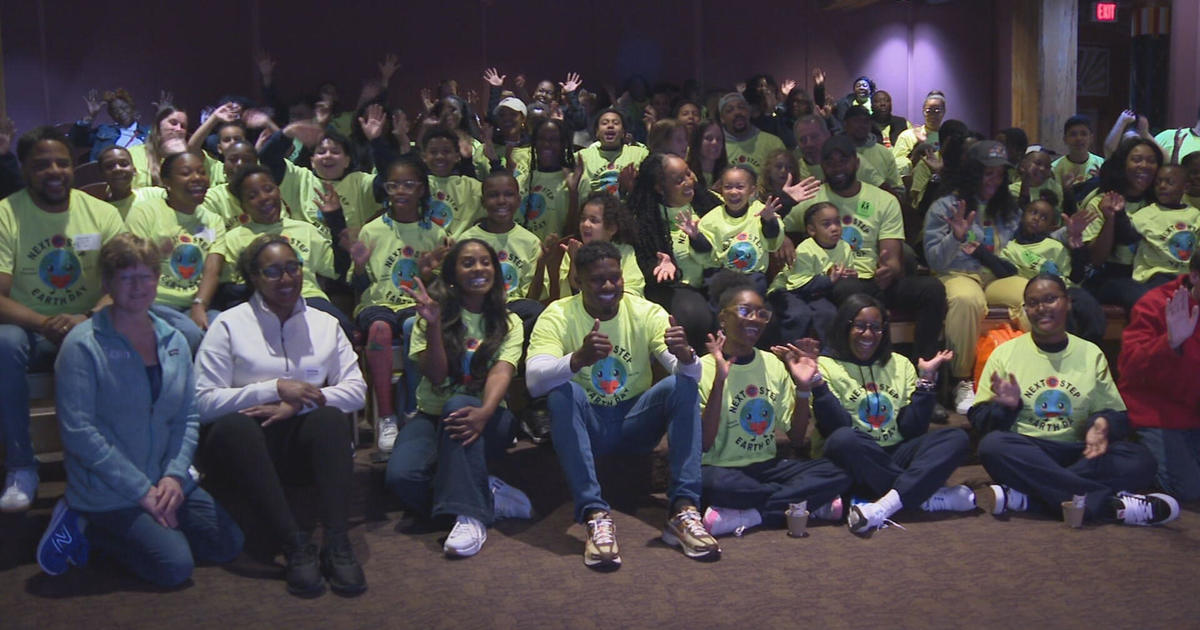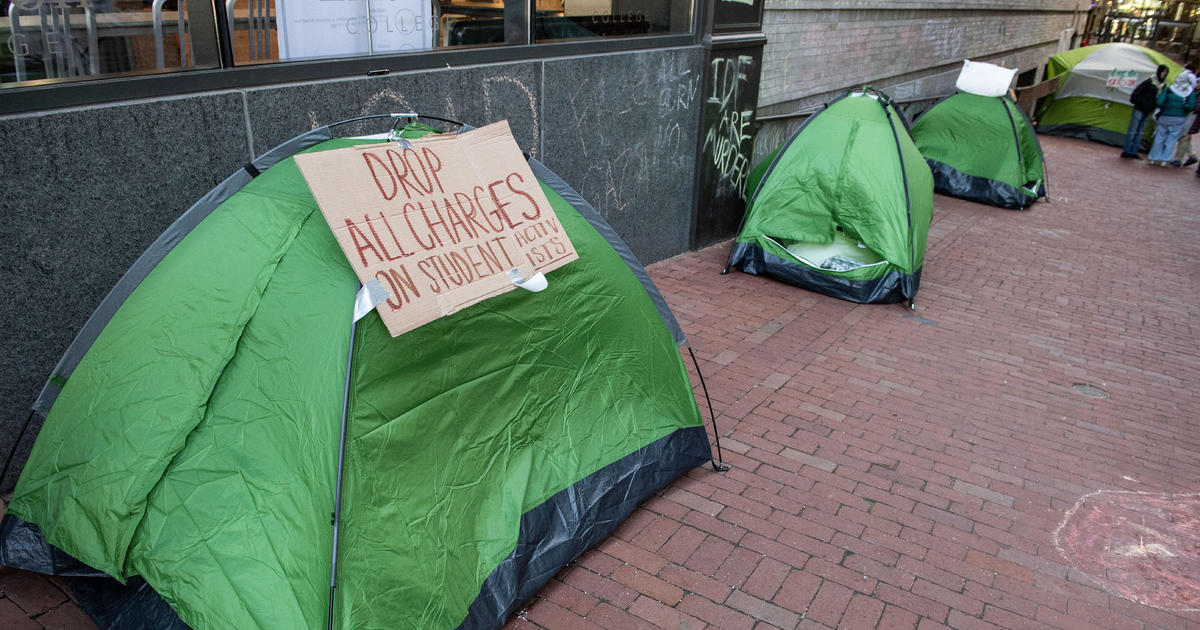Money Matters - More Dumb Money Moves: No Emergency Fund
BOSTON (CBS) - According to a national study done by FINRA's Investor Education Foundation less than 44% of Massachusetts residents have an adequate rainy day fund. Also reported was the fact that over 20% of our residents spend more than they earn.
An emergency fund is just that - money to be used for emergencies. When income stops coming in or drops, you will need this money to keep paying your mortgage and buy groceries. It's not mad money, a vacation fund or a Christmas club. It's your family's first line of defense when something major goes wrong.
This is money to be used when the winds of a hurricane blows the roof off your house, you lose your job, or your union calls a strike. The need could come in the form of a disability or an illness that keeps you out of work for an extended period of time, or it could be the immediate expenses of an untimely death in the family. You need to plan for the unexpected and having an emergency fund allows you to do just that.
I spoke to many people after hurricane Irene who wished they had had an emergency fund for some people were out of work because their company had to close due to the flooding. Another listener told me about her dog that required expensive medical care. Over $10,000 in 4 months.
The experts agree that everyone needs an emergency fund, but they often disagree on how much you need in it. The conventional wisdom is to have at least three months' worth of living expenses set aside, and if you can do it, six months' worth stashed away is even better.
Three months of living expenses is not the same as three months of income. You need only cover the basics here. Take a look at your cash flow. What will it take to maintain your lifestyle, rent/mortgage payment, groceries, monthly utilities, childcare, insurance payments, and so on? That's the amount you'll need.
If you are single or the sole breadwinner in a family, an emergency fund is extremely important because you don't have the luxury of a second income to cushion some of the emergency. My recommendations are as follows:
- Bare minimum for anyone: 3 months
- Children & 2 steady incomes: 3-6 months
- Children & 1 steady income: 4-6 months
- Children & no steady income: 6-9 months
People who earn most of their income from sales commissions such as a realtor or a small business owner who does not have a regular paycheck need to have an extra cushion here, especially if single. If you feel uncertain about your job status, a rather common feeling nowadays, you may want to increase the amount in your cash stash.
One more thing: Many people tell me they will use their credit card or a home equity line of credit if they have an emergency. Be careful here, for if you are out of work or your home has been damaged it is hard to open a home equity line of credit.



